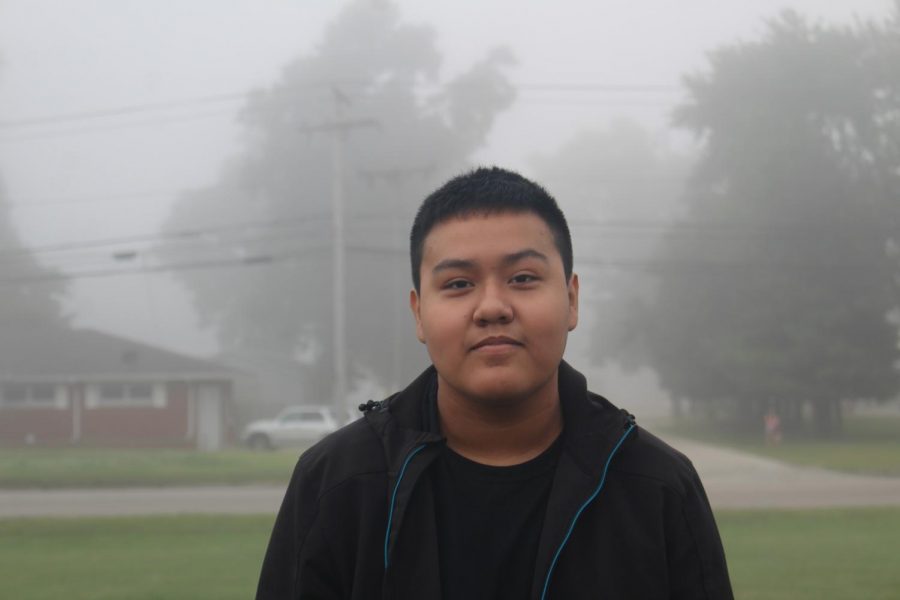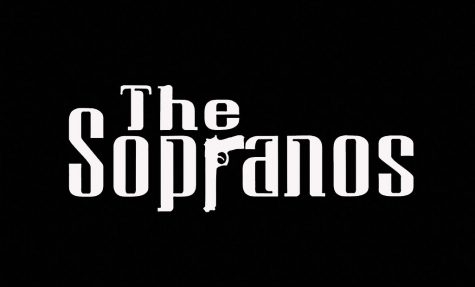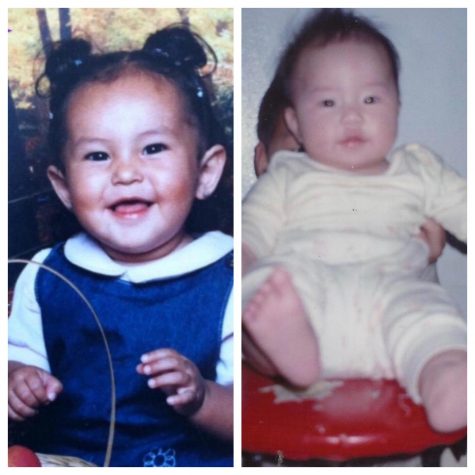What is Purepecha Music?
Staff writer Richard Bautista shares music from his Tarascan Indian culture.
January 17, 2020
Generally, purepecha is upbeat and something you dance to even if it’s against your will. There is a multitude of songs that talk about a myriad of subjects. It’s different than music you’re most likely familiar with, the most obvious example being the lyrics that no one other than 100,000 people would know. The lyrics always feel special in a way, regardless of the song. The lyrics typically feel warm, comforting, and familiar.
The music is different but familiar due to some of the songs being influenced by the Mexican culture as well as the uniqueness of some of the music. It still is separate enough to be a whole different world. A world that it similar to one that you’re accustomed to and yet different in a good way.
An example is a song that has the title of “Yawakwa Janikwastia” on a CD. I don’t know if it’s the name of the song. I also couldn’t find anything on the song besides my parents telling me it’s a Christmas song. Yawakwa Janikwastia roughly translates to “When the Snow Returns.” The song is upbeat, pleasant and warm. The way the singer sings is in a manner that is familiar yet foreign. The instruments play in a manner that’s familiar and yet unique. Everything complements each other in a way.
Toro Pinto is another example. Granted it isn’t completely purepecha music, however, the purepecha have their own variation. It’s upbeat, festive, and something that will always make me feel as if I want to dance. Typically, it marks the middle of the celebration and is a dance that goes on for 20 minutes. The song is around three and a half minutes long but it’ll repeat.
I will admit, I’m biased since I’ve listened to it through my whole life, ever since I was a toddler. Even today I can’t escape it, even if it isn’t my favorite. However, I always appreciate it in hindsight, even if my typical experiences with the music is it being incredibly loud to the point where my ears should probably bleed.
This hasn’t covered the specifics of the three different ways purepecha music is performed. Each one being different and special in its own way even if the song is the same.
Purepecha Music:
Toro Pinto (Purepecha Variant)
The views in this column do not necessarily reflect the views of the GENESIS staff. Reach Richard Bautista at [email protected].



















